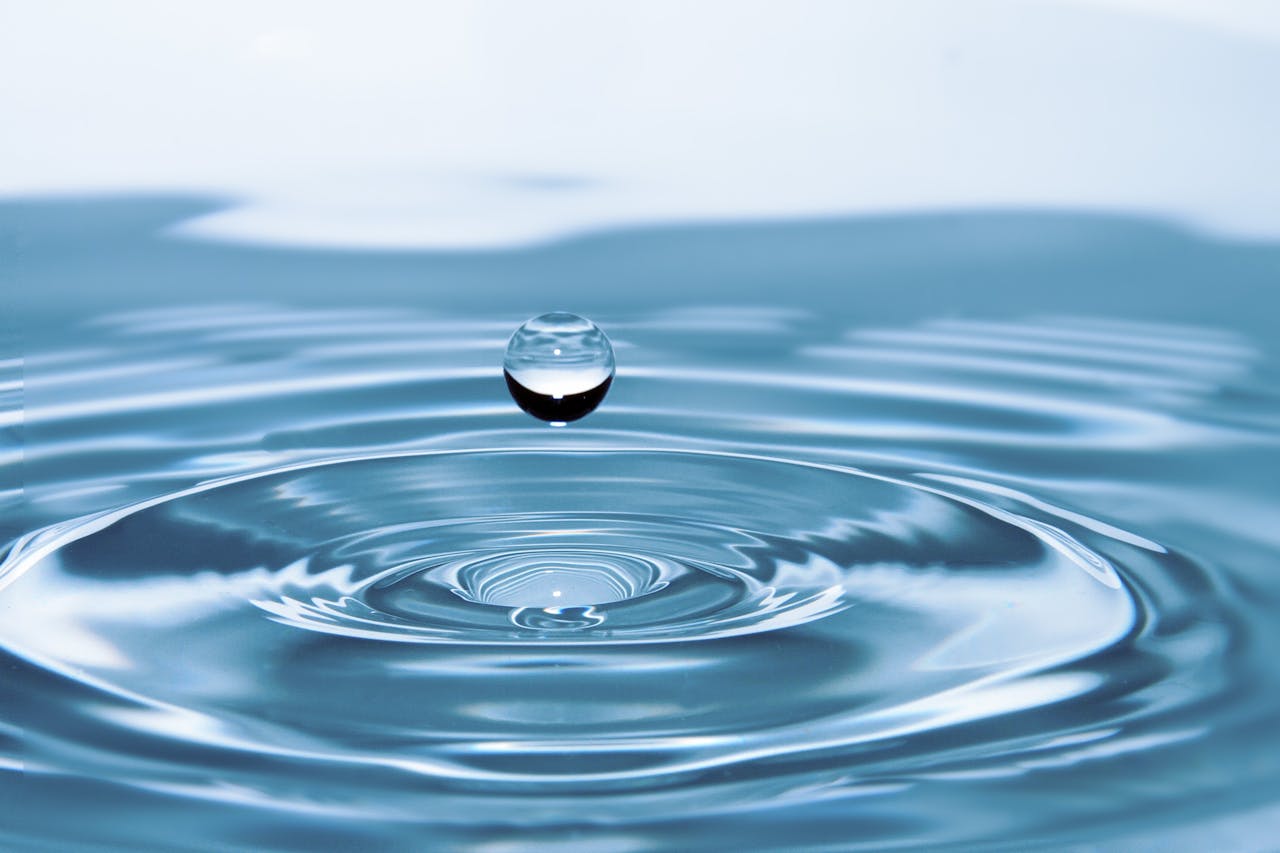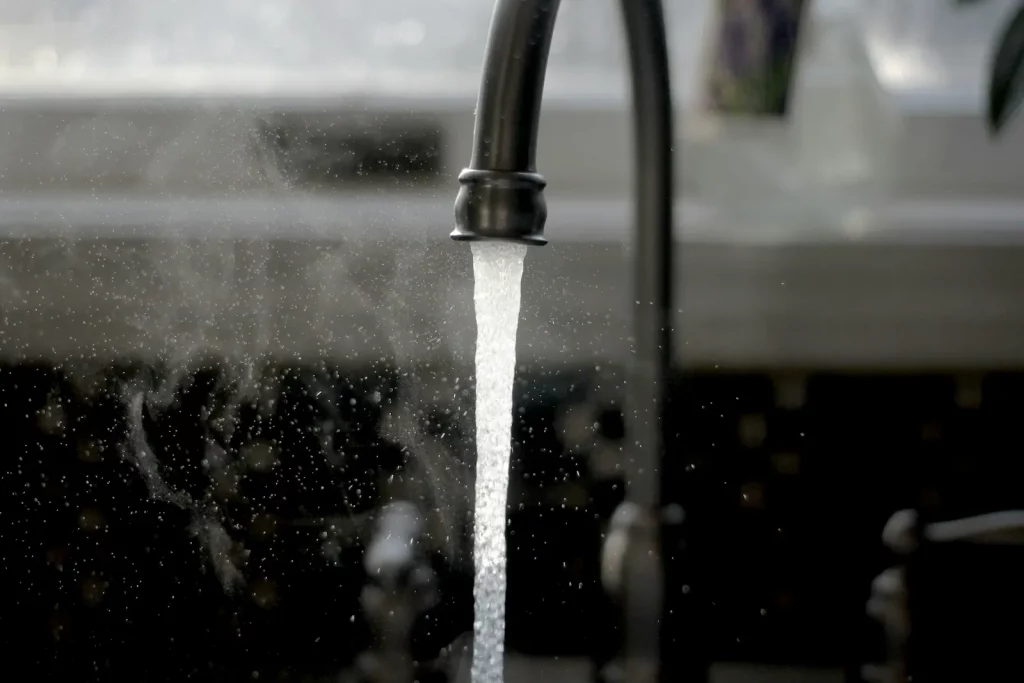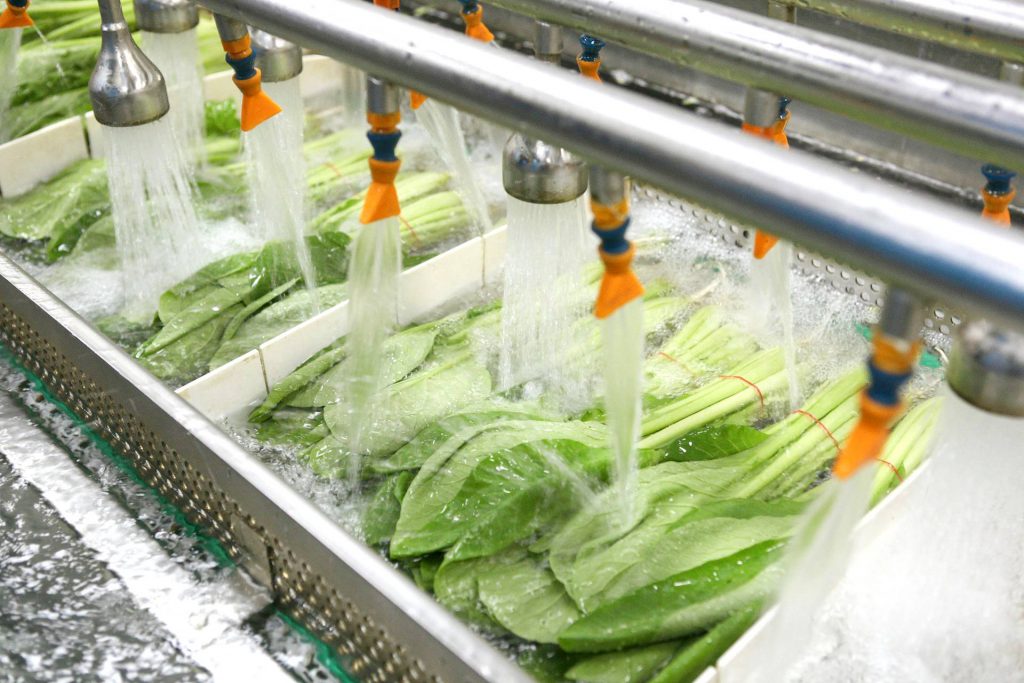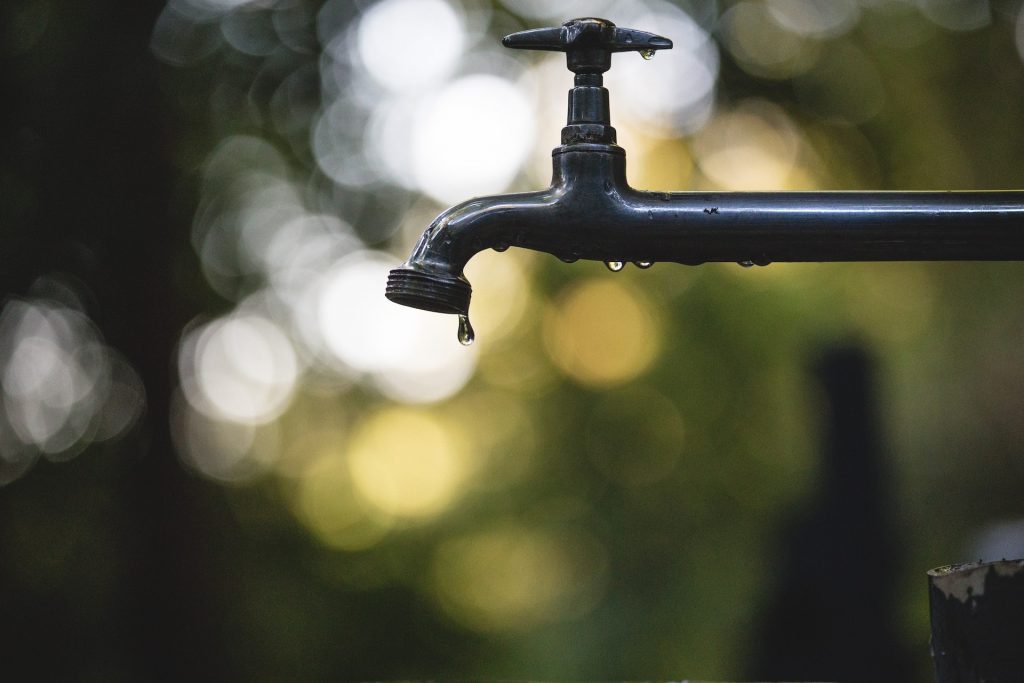The state of the national and global economy has been turbulent over the last few years, which has had a big impact on businesses and their profit margins. As a result, companies need to find ways to reduce their expenses to avoid any unnecessary financial waste. This includes not overpaying for utility bills, such as their water usage.
As well as cutting down on how much water the business operations, employees and customers use, there are other ways you can save money on your water bills, including trying to claim back what you might have overpaid on your charges in the past.
Overpaying water companies
Though nobody intends to overpay on their bills, this often happens. Water providers often assume a certain amount of usage from businesses, instead of measuring what they are using every day.
Although the latter would provide a more accurate picture of their consumption, it is easier and quicker to assume a daily average instead. However, this can vary from month to month, as weather and season changes can impact how much water is required from suppliers.
For instance, some companies might reuse rainwater for some for their manufacturing operations. Therefore, during a particularly rainy period, they would need less water from their supplier than usual, as they are able to use the rainwater they have captured instead.
On the other hand, they might need more water from their provider during a dry period, in which case they may end up using more than their usual average.
For companies that do not have a water meter, it is not unheard of that they might have overpaid on their bills in the past, especially if they have recently adopted some water-saving measures, such as fixing leaks and installing water-efficient features, and their supplier has not been made aware of them.
Being charged too much
Another reason for businesses to have overpaid for their water is because their supplier has been charging them too much. It can be difficult to understand tariffs because they often require data like surface drainage and charge by the volume.
That is why many manufacturers organise a water bill validation, as this checks whether they are being charged the correct amount for how much water they use.
They base their conclusion on the wholesaler’s fees to work out whether the provider has been inflating their prices over the last 12 months. If this is the case, you might be able to claim back the difference from the provider.
It also provides companies with clarification that they are overpaying for their water and they need to move to another supplier that offers a more competitive tariff.
Do you have too much water waste?
Another reason why you might be paying a lot for your water bills is because your business wastes more money than is necessary.
Shockingly, nearly a third of water around the world is wasted, which amounts to 9.5 trillion litres.
The use of water in industrial processes is especially high, accounting for 22 percent of global water usage.
What’s more, the UK’s industry and commerce sectors alone use a huge 1,300 million cubic metres of water every year.
However, water scarcity is becoming a growing problem around the world, and as many as three billion people do not have easy access to the water they need.
According to UNICEF, by next year, half of the global population could face water scarcity if nothing is done about it. By 2040, one quarter of all children may have to contend with high water stress.
Therefore, it is imperative that businesses do their bit to reduce the amount of water they waste, as this could have a significant impact on water availability in the future.
Some water-efficient measures they could take include:
- Repairing all leaks
- Installing efficient toilets, taps, hoses, and spray washers
- Reusing water in some processes, such as from final rinses, floor washing, equipment cleaning, filter backwash, steriliser water, and fridge equipment defrost
- Watering land during the coolest part of the days
- Using mulch on crops
- Using automatic shut-off nozzle on the hose to control the flow
- Manage water consumption with a water meter
- Treating wastewater and returning it to the plant
- Fitting leak detection systems
- Regularly maintaining equipment to avoid water being wasted through deterioration
- Investing in newer, energy-efficient machinery
- Using automated systems, such as ones to monitor water flow, temperature and pressure, to boost water efficiency
By recording the amount of water used in the business and analysing the data, this will help work out where there is unnecessary wastage and what areas can be improved.
It is also a good idea to do an audit on the plant processes and equipment, as this will help identify what could be repaired or replaced for more efficient use of water. The initial investment cost will soon be outweighed by the savings on your water bills.
In addition to these measures, companies should change employee behaviour towards water. Keeping taps on unnecessarily, for instance, can waste a huge amount of water, with people in the UK using an average of 142 litres of water every day, according to Water UK.
Educating and engaging employees in the company’s ethos of saving water could, therefore, have a positive impact on reducing water use for the business.
Once you know how much water you really use, you have implemented ways to cut down on both usage and wastage, you are confident you do not have leaks or damaged apparatus that could cause water loss, and you have updated any inefficient equipment, you can be confident your water bills will reflect these changes.
So, if you still feel as though your fees are steep and you have reduced your water usage as much as possible, it could be that your water supplier is not getting the best deal for you, in which case, it is time to move to another provider.



